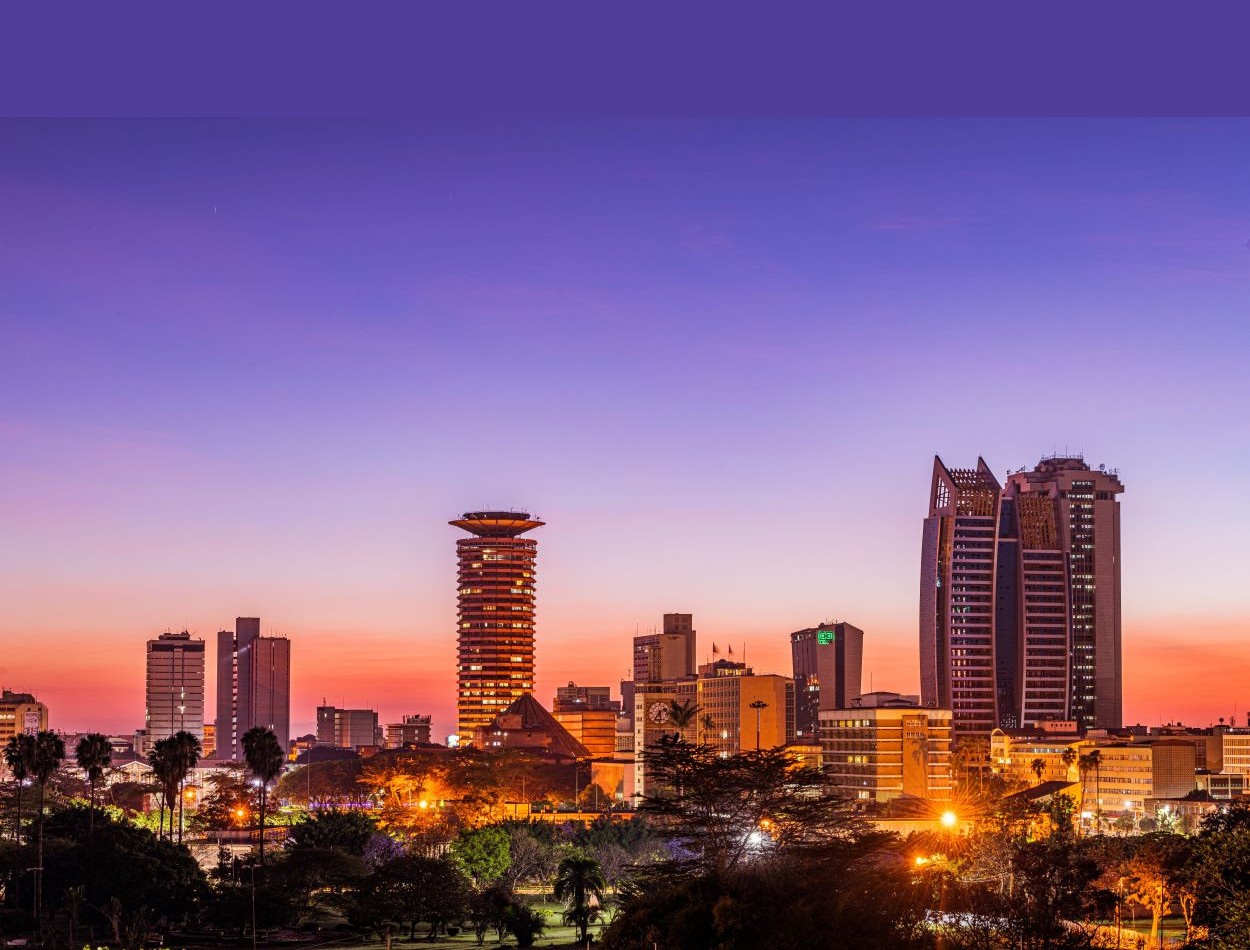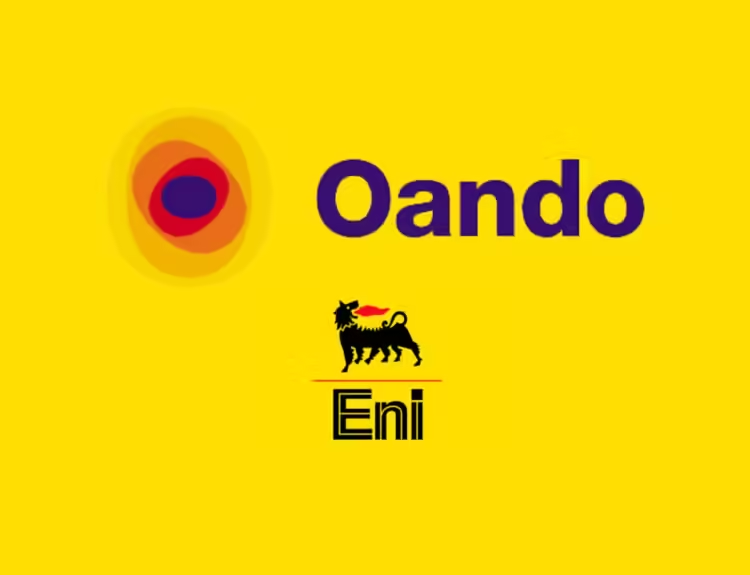A challenging business environment has raised the risk of cash flow crises for many Kenyan companies, even as private-sector activity saw a slight uptick in October 2024, according to a recent survey. Despite a slight recovery in business conditions, concerns about rising costs, political uncertainty, and heavy tax burdens continue to strain Kenyan businesses.
The Stanbic Bank Kenya Purchasing Managers Index (PMI), which gauges economic health in the private sector, reported a small improvement in business conditions, with the headline PMI rising to 50.4 in October from 49.7 in September. This slight increase—just enough to push the reading above the 50.0 threshold that signals growth—suggests a modest stabilization after several turbulent months. However, many business owners remain cautious as systemic issues persist, raising concerns about the sustainability of this improvement.
Since early 2024, Kenya’s private sector has struggled under the weight of several significant challenges. Among the most pressing have been new tax policies, which have increased the cost of doing business, particularly for small and medium enterprises. Additionally, rising interest rates have made credit expensive and difficult to access, and supply chain disruptions—exacerbated by political tensions and global inflationary pressures—have impacted the ability of businesses to maintain stable operations. This has created a tough environment for companies trying to navigate higher operating costs, declining profit margins, and, in many cases, shrinking cash reserves.
Shutdowns
Data on company closures underscores the severity of the situation. In the 12 months leading up to June 2024, 26 companies in Kenya entered administration, a record number that highlights the strain on businesses trying to adapt to a landscape marked by high taxes and economic uncertainty. This wave of company failures has particularly affected sectors with slim profit margins, such as manufacturing and retail, where rising material costs and competition from cheaper imports have compounded the economic strain.
The October PMI report provided insight into the sectors that saw some resilience amid the headwinds. Increased activity was noted in agriculture, construction, and retail, attributed to rising sales and greater client interest. The recovery in agriculture, in particular, comes as a relief following recent droughts and supply challenges, while construction has benefited from renewed investment in infrastructure projects. Retail, too, has shown resilience, with pent-up consumer demand following months of economic slowdown contributing to a modest rise in sales.
Despite the positive developments in these sectors, the overall uplift in sales was minimal, with many businesses still struggling with cash flow constraints. “According to surveyed businesses, rising sales and greater client interest drove the increase in activity in October. That said, the overall uplift in sales was only fractional, as many firms continued to struggle with cash flow constraints, tough economic conditions, rising costs, and political uncertainty,” the report stated.
The increase in activity marks only the second month of growth in the past three months, following June’s disruption from anti-tax protests, which impacted supply chains and consumer spending across the country. October’s improvement provided some relief, but the rebound remains fragile. Sectors like services and manufacturing reported contractions, struggling under the weight of rising costs and ongoing political uncertainty.
Rising costs
Businesses have also had to contend with elevated input costs, although some relief has come from recent reductions in fuel prices. To offset increased material and tax expenses, many companies sought to balance pricing strategies cautiously, leading to the slowest rate of increase in selling prices in nearly four years. This pricing restraint has prevented a more significant cost burden on consumers, but companies are feeling the squeeze in their margins.
“Despite this positive momentum, input cost pressures remain mild. The interplay of higher material prices and tax payments, against the backdrop of reduced fuel costs, has led to only marginal increases in average selling prices,” the PMI report stated. The pricing moderation has been critical for businesses struggling to maintain competitiveness in an inflationary environment, where consumers have less disposable income, and competition from lower-cost imports has intensified.
Looking to the future, Kenyan companies are cautiously optimistic about growth in the coming months. The report’s Future Output Index—a measure of business confidence in future activity—indicated an uptick in confidence. This reflects businesses’ intentions to expand payrolls, open new outlets, and increase investment in products and marketing. While companies are preparing for growth, their confidence remains one of the lowest recorded, indicating that ongoing economic challenges temper optimism.
“While the Future Output Index shows a rise in confidence among businesses regarding future activity, it remains at one of its lowest levels historically,” the report noted, underscoring the complex mix of hope and caution that defines the current business climate.
Kenyan companies are left to navigate a challenging business environment. While the PMI’s slight improvement is encouraging, significant structural reforms may be needed to provide businesses with long-term stability. As companies continue to contend with regulatory and economic pressures, the balance between growth and survival remains a delicate one.






